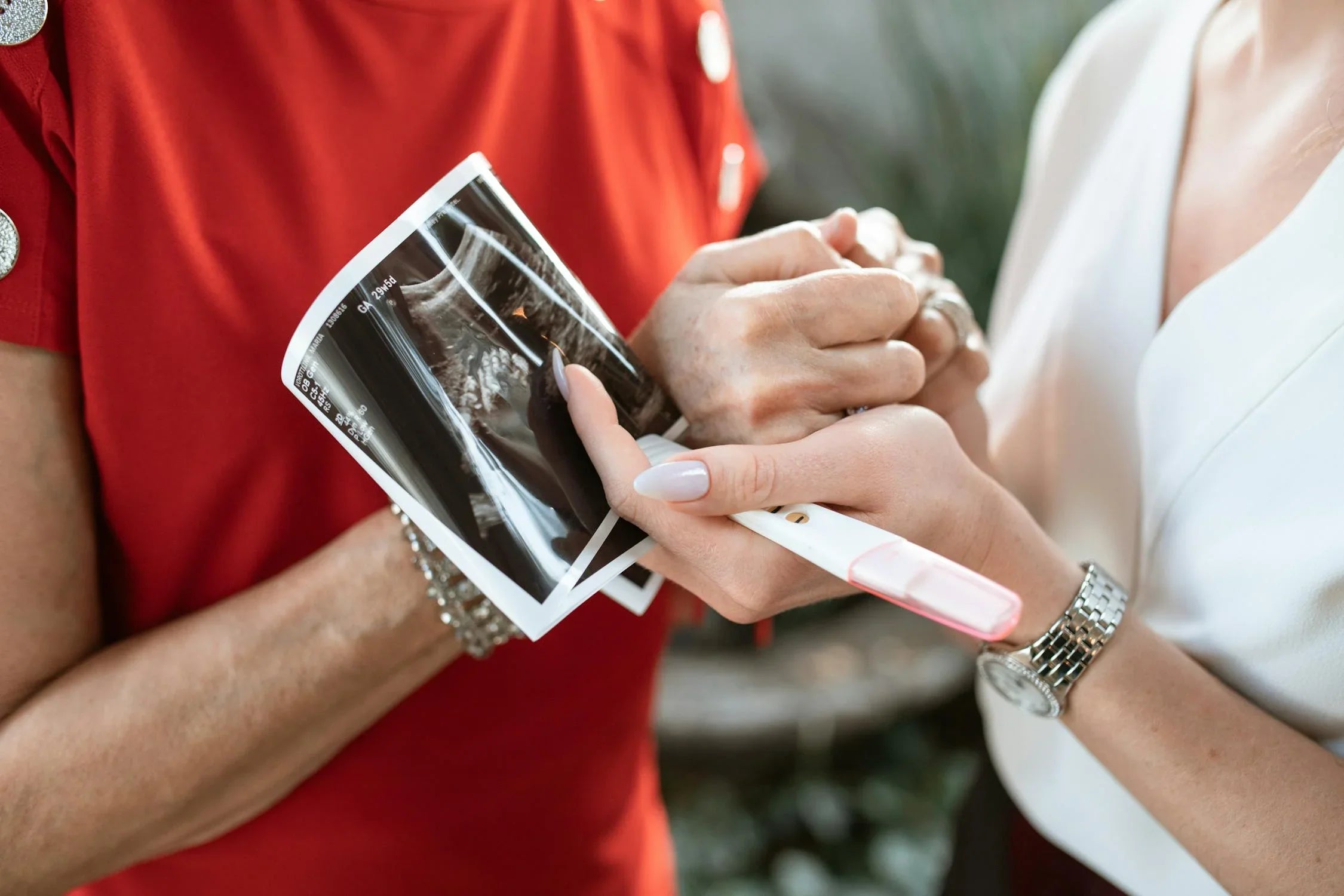Startseite
Pregnancy, Breastfeeding, and Pumping: The Ultimate Guide for Moms
How Early After Conception Can I Take a Pregnancy Test

How Early After Conception Can I Take a Pregnancy Test
Are you eagerly waiting to find out if you’re pregnant? The question of how early after conception you can take a pregnancy test is one that many women ask. The answer lies in understanding the science behind pregnancy tests and the timing of key biological processes. Let’s dive into the details to help you determine the best time to take a test and ensure accurate results.
Understanding Conception and Implantation
Conception occurs when a sperm fertilizes an egg, typically in the fallopian tube. After fertilization, the fertilized egg, now called a zygote, begins to divide and travel toward the uterus. This journey takes about 6-12 days. Once the zygote reaches the uterus, it implants into the uterine lining, a process known as implantation. Implantation is a critical step because it triggers the production of the hormone human chorionic gonadotropin (hCG), which is what pregnancy tests detect.
When Does hCG Production Begin?
hCG is produced by the cells that will eventually form the placenta. After implantation, hCG levels start to rise rapidly, doubling approximately every 48 hours. However, the amount of hCG in the body is initially very low. Most pregnancy tests are designed to detect hCG levels of 25 mIU/mL or higher. This means that even though hCG production begins shortly after implantation, it may take a few days for the levels to be high enough to be detected by a test.
How Early Can You Take a Pregnancy Test?
The earliest you can take a pregnancy test depends on the sensitivity of the test and the timing of implantation. Some highly sensitive tests can detect hCG levels as low as 10 mIU/mL, which may allow you to test as early as 7-10 days after conception. However, for most standard tests, it’s recommended to wait until the first day of your missed period for the most accurate results. Testing too early can result in a false negative, as hCG levels may not yet be high enough to detect.
Factors That Affect Test Accuracy
Several factors can influence the accuracy of a pregnancy test, including the timing of implantation, the sensitivity of the test, and how well you follow the test instructions. Here are some tips to ensure accurate results:
- Use the first urine of the day, as it is more concentrated and likely to contain higher levels of hCG.
- Follow the test instructions carefully, including the recommended waiting time before reading the results.
- Avoid drinking excessive fluids before taking the test, as this can dilute your urine and lower hCG levels.
What to Do If You Get a Negative Result
If you take a pregnancy test early and get a negative result, it’s possible that you tested too soon. Wait a few days and test again if your period has not started. If you continue to get negative results but still suspect you might be pregnant, consider consulting a healthcare provider for a blood test, which can detect lower levels of hCG than urine tests.
Understanding False Positives and False Negatives
While pregnancy tests are generally reliable, they are not infallible. False positives can occur due to certain medications, medical conditions, or even evaporation lines on the test. False negatives are more common and usually occur when the test is taken too early or not used correctly. If you’re unsure about your results, it’s always best to seek medical advice.
The Role of Early Pregnancy Symptoms
Some women experience early pregnancy symptoms, such as fatigue, nausea, or breast tenderness, even before they miss a period. While these symptoms can be a sign of pregnancy, they are not definitive. The only way to confirm pregnancy is through a test or a medical examination. If you’re experiencing symptoms and suspect you might be pregnant, consider taking a test or consulting a healthcare provider.
When to See a Doctor
If you’ve received a positive pregnancy test result, it’s important to schedule an appointment with a healthcare provider to confirm the pregnancy and begin prenatal care. Early prenatal care is essential for the health of both the mother and the baby. If you’re experiencing symptoms such as severe pain or bleeding, seek medical attention immediately, as these could be signs of a complication.
Determining how early after conception you can take a pregnancy test involves understanding the timing of implantation and hCG production. While some tests can detect pregnancy as early as 7-10 days after conception, waiting until the first day of your missed period is generally recommended for the most accurate results. By following the tips outlined in this article, you can increase the likelihood of getting a reliable result and take the next steps in your pregnancy journey with confidence.
Teilen

